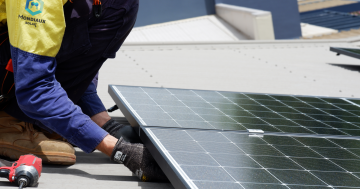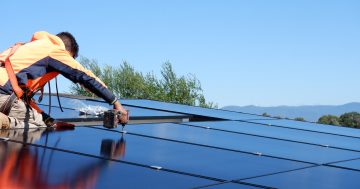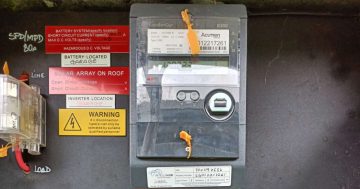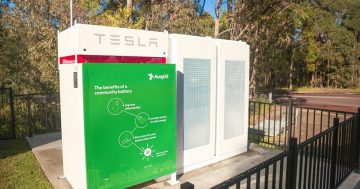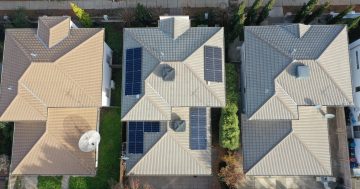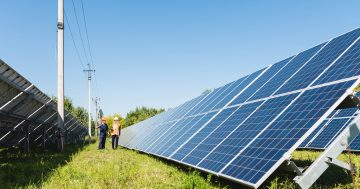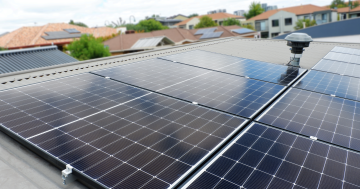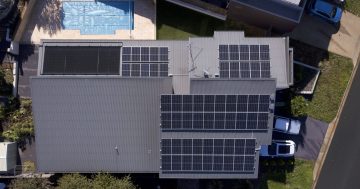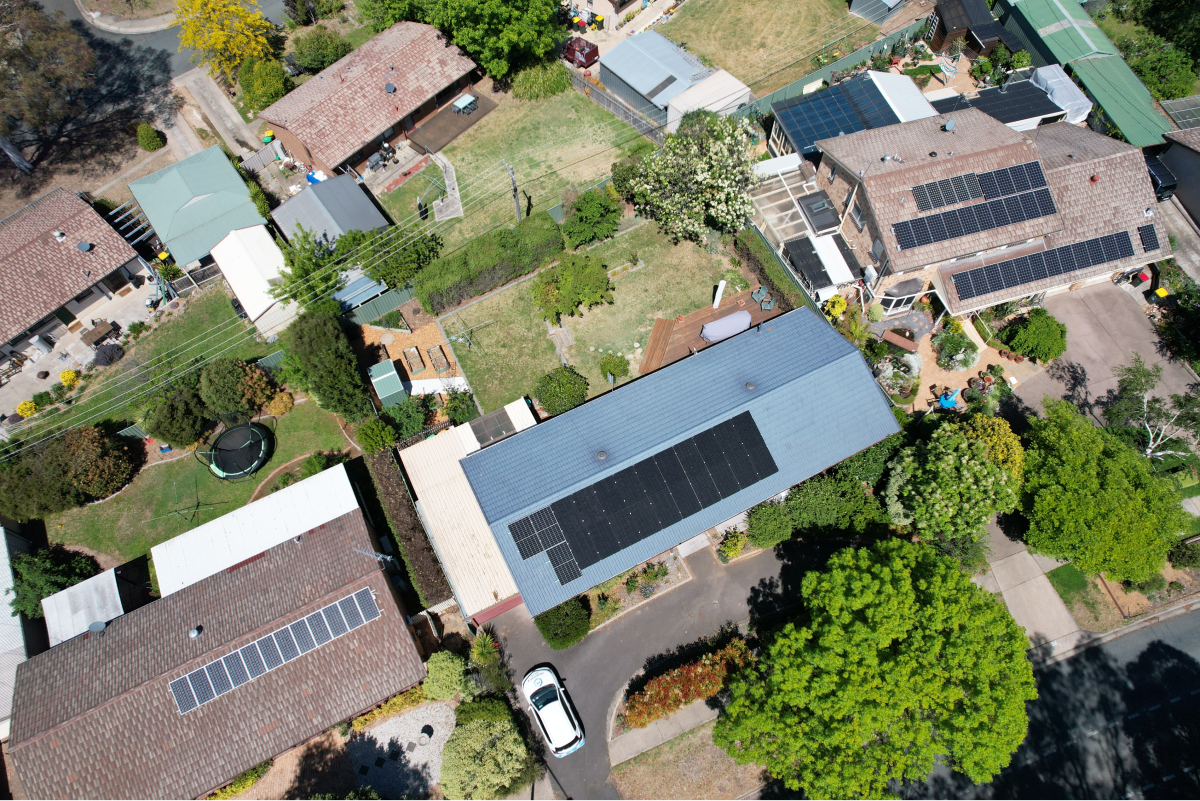
More than 3.6 million Australian roofs sport a solar panel system, with almost 40,000 in the ACT. Photo: Mondiaux Solar.
Residential solar has been a topic of common conversation for years and plenty of Canberrans have jumped on the bandwagon. But are the numbers of at-home energy producers rising far enough?
Jay Pantha is sales manager for the highest volume solar retailer in the ACT, Mondiaux Solar, and he says the answer is no.
Australia has the highest rate of solar panel use per capita in the world, but according to Jay, homeowners and businesses in the nation’s capital aren’t making the change fast enough to help stop the ‘assault’ of modern humans on planet Earth.
“Canberra is a well-developed city and a wonderful place to live,” he says.
“I was raised in Nepal and have lived and worked in various countries around the globe. In many places, it’s normal to go without electricity 18 hours a day, every single day.
“Here, absolutely everything is connected to electricity, but we take it for granted. It’s so ingrained in our daily lives, many people don’t recognise using electricity as spending money or affecting the environment.”
When it comes to the benefits of solar for homeowners, Jay says there are two main categories every ACT resident should consider: finances and ethics.
For those with money on their mind, he stresses that while solar energy is, overall, a smart financial decision, it isn’t one to be made lightly.
“If you’re looking at solar purely to reduce your power bill, make sure the system you choose suits your location, lifestyle and energy consumption habits.
“If you work nine to five and use most of your electricity before the sun comes up or once it goes down, there’s little point having solar unless you install a battery that stores power for use when you get home.”
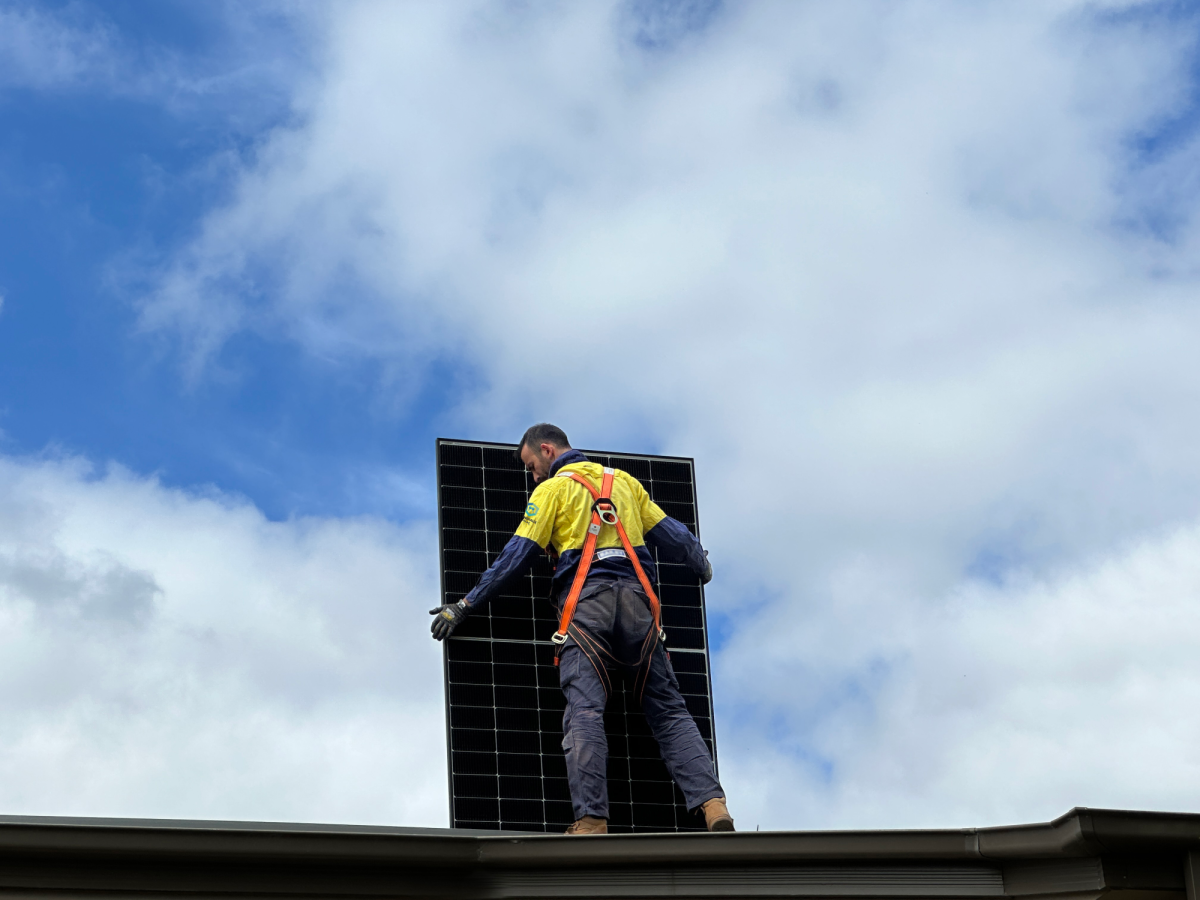
Jay explains that despite what most homeowners think, solar is not one-size-fits-all. Photo: Mondiaux Solar.
There are three main incentives for Canberrans looking to save money long-term with solar.
Right away, residents can access $15,000 in interest-free loans to help with the cost of energy-efficient upgrades, including rooftop solar and battery storage, electric heating and cooling, hot water heat pumps, electric vehicles, and their charging infrastructure.
Next is the Small Scale Technology Certificate (STC) program. STCs are awarded to homeowners when a solar system is installed and are traded for a discount on the overall system price.
“Whenever you install solar on your home, you contribute to the government’s renewable energy goals,” Jay says.
“But the Federal Government will stop funding this program by the end of 2030, and its rebate is currently decreasing at an average of 12.5 per cent each year.”
Finally, surplus energy can be fed back into the grid in exchange for feed-in tariffs, which your provider credits to your electricity bill. Rates per kilowatt hour depend on the provider.
Mondiaux Solar is partnering with Origin Energy to offer a Virtual Power Plant program that will bring further savings to solar battery clients. The program offers $400 cashback and $1 per kilowatt hour extraction from the battery, capped at 200 kilowatt hours annually, with no lock-in contract.
Jay says while savings are ever-important in the current cost of living crisis, the ethics surrounding renewable energy must not be ignored.
“The hard fact is, fossil fuels still account for more than 80 per cent of energy use around the world and Australia is one of the top ten countries that rely most on coal, despite our environment being so suited for renewable solar energy.
“It’s not about us. It’s about our children and grandchildren. What will the next generation have left?
“You save money for your kids. You try to create a business or property portfolio or maybe an inheritance for them, but what’s the point if they don’t have a good Earth to live on? How will they live if they don’t have good air to breathe?”
Mondiaux Solar is proud to be the largest contributor to renewable energy goals in the ACT, as an institution for teaching, learning and renewable growth.












